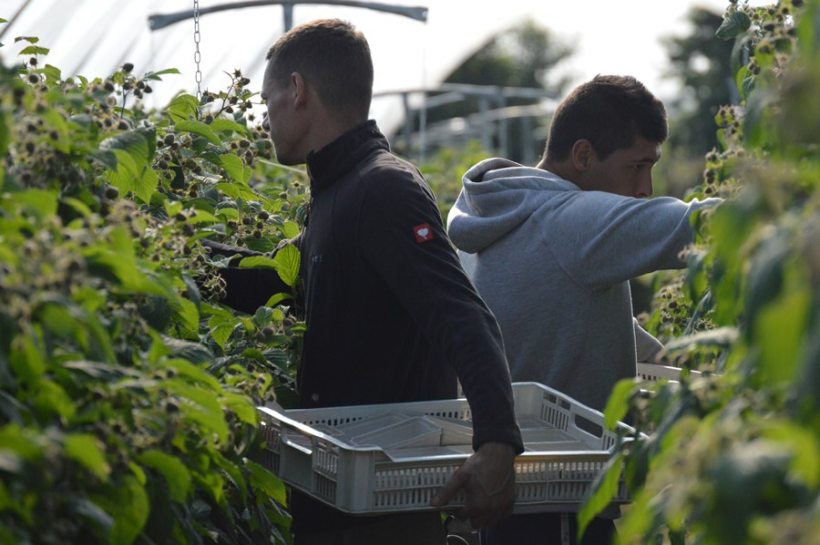
A committee has recommended the government to continue and improve its visa program for seasonal workers to support British food security.
The Migration Advisory Committee (MAC), a body that provides immigration advice to ministers, has reviewed the seasonal worker scheme (SWS).
It has recognised how significantly important the SWS is to domestic food security, particularly against a backdrop of global instability and climate change.
The committee underscored the importance of the SWS for the UK's food security and called for improved worker welfare and pay, alongside increased transparency to prevent exploitation.
These were alongside a number of other recommendations, including points around the Employer Pays Principle and employment length.
The NFU has welcomed the MAC's recommendations, saying it was 'especially pleasing' to see it calling on the government to provide certainty about the future of the SWS.
NFU President Tom Bradshaw said: “We are pleased to see that the MAC recognises how significantly important the SWS is to domestic food security.
“As highlighted by the review, certainty is key to the success of the scheme for British farmers, growers, workers and consumers alike.
"Therefore, it is vital that the new government commits to a five-year rolling scheme and reviews the costs associated to ensure all businesses can access the scheme."
Over a number of years of campaigning, the NFU has been calling for the SWS to be flexible on the amount of time workers have to be out of country for to apply for the visa.
The union has also been asking that the SWS visa is extended to nine months for the horticulture visa.
And more certainty is needed in relation to the long-term future of the scheme and the need to confirm visa numbers, and any tapering of these numbers that may occur.
Mr Bradshaw concluded: "Certainty is the currency with which businesses trade and having this commitment would help to restore some of the lost confidence of British farmers and growers."
